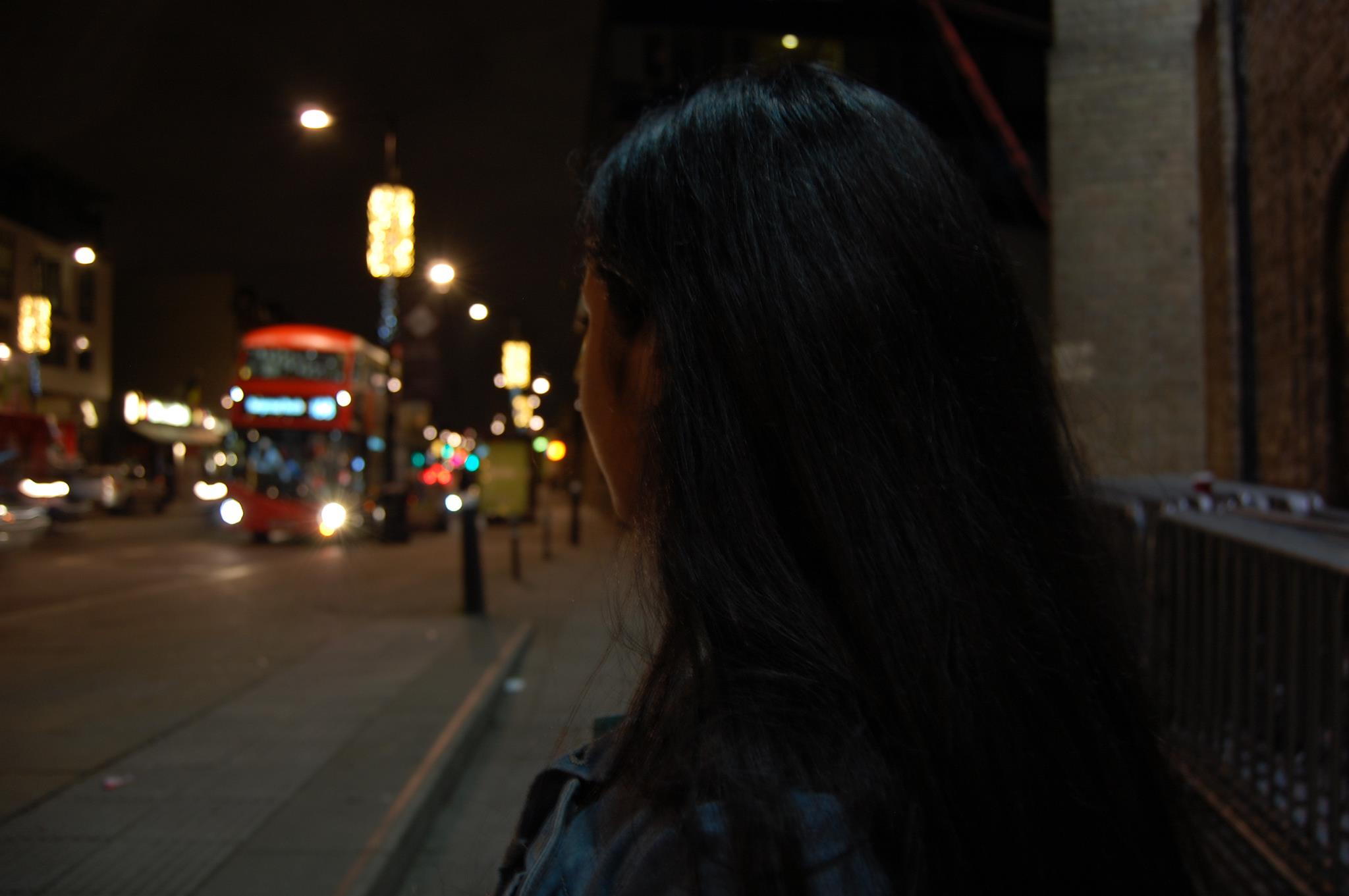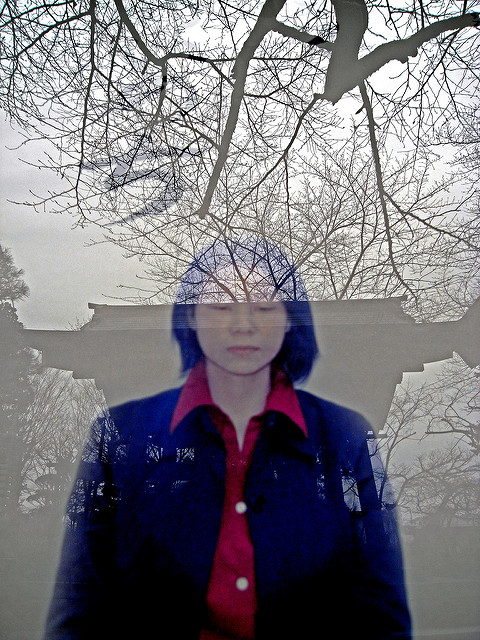Imagine at the age of 16 being sex trafficked by a pimp named “cut-throat.” After days of being repeatedly drugged and raped by different men, you were purchased by a 43-year-old child predator who took you to his home to use you for sex. You end up finding enough courage to fight back and shoot… Continue reading Cyntoia Brown and the Commodification of the Good Victim
Category: Uncategorized
Queer Muslim Sex Worker (2017)
Queer Muslim Sex Worker: These are labels that aren’t supposed to go together, but in the life of Maryam, a genderfluid Pakistani Muslim person living in London, they do. A newly released, independently-funded podcast with this title by journalist Amy Ashenden aims to shed light on how Maryam’s different identities are sexualized, vilified, and ostracized… Continue reading Queer Muslim Sex Worker (2017)
Quote of The Week
I am proud of the work I’ve done as part of the Women’s March policy table – a collection of women and folk engaged in crucial feminist, racial and social justice work across various intersections in our country. I helped draft the vision and I wrote the line “…and we stand in solidarity with sex… Continue reading Quote of The Week
Community Funds For Sex Workers Affected By Backpage’s Closure
Lysistrata fund: @Molly-Doom at Venmo or sara.vinik@gmail.com at Paypal for donations, contact sara.vinik@gmail.com or LaFemme.Molly.Doom@gmail.com if you need to receive funds. Limited resources at the moment, but they are trying to solicit more. Donate to @$CharlottePage through Squarecash and the money will be distributed directly to sex workers in need. Donate to Vee Chattie’s fundraiser through Venmo, or… Continue reading Community Funds For Sex Workers Affected By Backpage’s Closure
Are You There, God? It’s Us, Sex Workers
Many people think of whores as being as far from God as possible. We are seen as “fallen women,” people whose moral deficiency has put them at odds with God. When God, morality, and religion are discussed in tandem with sex work, these conversations often promote religious dogma which serves to justify the marginalization of… Continue reading Are You There, God? It’s Us, Sex Workers




